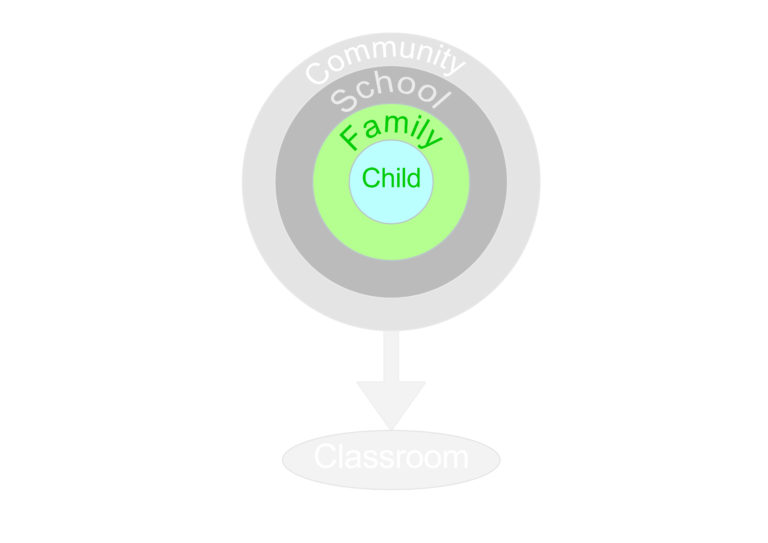Home / Teaching / Diversity & Inclusion / Education for All: Disability, Diversity and Inclusion / Family focus – the social context of disability
This article is from the free online
Education for All: Disability, Diversity and Inclusion


Reach your personal and professional goals
Unlock access to hundreds of expert online courses and degrees from top universities and educators to gain accredited qualifications and professional CV-building certificates.
Join over 18 million learners to launch, switch or build upon your career, all at your own pace, across a wide range of topic areas.

 In this week, we will look at the roles of family. Loving acceptance and helping children to build resilience are the starting point for inclusive education. Inclusion in the family may take time to develop as the needs of the child with a disability are incorporated into the family’s existing structure – with siblings, extended family and even physical circumstances.
In this week, we will look at the roles of family. Loving acceptance and helping children to build resilience are the starting point for inclusive education. Inclusion in the family may take time to develop as the needs of the child with a disability are incorporated into the family’s existing structure – with siblings, extended family and even physical circumstances.

